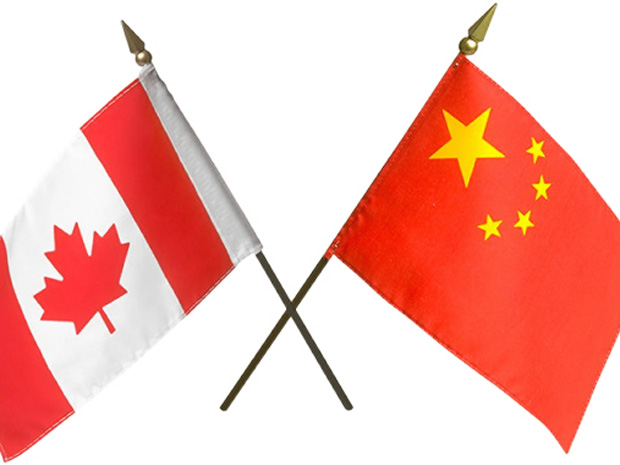A third Canadian, whose name has not yet been revealed, has reportedly been detained in China, according to Canada’s Global Affairs office. On December 10, two Canadian citizens, Michael Kovrig and Michael Spavor, had been separately detained in Beijing and Liaoning, respectively. The Chinese government later announced that both were being held on suspicion of “harming national security,” though many believe their detentions are related to Canada’s arrest of Huawei CFO Meng Wanzhou, who is out on bail while the U.S. attempts to secure her extradition on fraud charges. Jesse Snyder reports on the latest detention for National Post:
A spokesperson with Global Affairs said it was “aware of a Canadian citizen” who has been detained, but did not provide further details, citing the Privacy Act.
The office did not suggest the arrest was linked to the arrest of Huawei Technologies chief financial officer Meng Wanzhou on Dec. 1, who was held by Canadian authorities at the request of U.S. officials.
[…] The National Post could not confirm the identity of the detained citizen. But third-party sources who said they spoke to the family of the person suggest the person is not a diplomatic official, nor an entrepreneur operating in China. [Source]
Canadian officials declined to provide any detail about who the individual is or why they are being detained, citing privacy concerns.
“Global Affairs Canada is aware of a Canadian citizen detained in China. Consular officials are providing assistance to the family,” said spokesperson Maegan Graveling.
[…] A source who spoke on the condition of anonymity said Canadian officials found out about the detention on Tuesday by someone who knows the latest detainee — not by Chinese officials.
Chinese Foreign Ministry spokesperson Hua Chunying told a media briefing on Wednesday that she had not heard of the third detention. [Source]
While the Canadian government has not linked the latest detention to those of Meng, Kovrig, or Spavor, others believe that there is likely a connection. Since Meng’s arrest, Canada-China relations have sharply deteriorated. Rob Gillies of AP reports:
An official said “there is no reason to believe that this case is linked to other recent cases of Canadians detained in China.” The official spoke on condition of anonymity because no further information could be disclosed publicly for privacy reasons.
But David Mulroney, a former ambassador to China, said it would be highly unusual if this is a coincidence. “It’s possible but I find it unlikely,” he said.
[…] Mulroney said it would be problem for Canada and China. “One detention is bad enough. Two is terrible. Three underlines how ruthless China can be,” he said. “It serves as a reminder for people that China is a detention state.” [Source]
In an editorial in the Washington Post, George Washington University law professor Donald Clarke writes that the detentions of Kovrig and Spavor should be considered a hostage situation:
To call this is a hostage-taking and not a regular criminal investigation is a serious charge. Here it is justified. The critical element of a hostage-taking is that the hostage-taker must tell you that it’s a hostage-taking and what his demands are, otherwise the whole point of taking hostages is defeated. In this case, official and quasi-official Chinese sources have been clear. The Chinese ambassador to Canada has not just admitted it; he has also proclaimed it in an op-ed in the Globe and Mail, saying that those who object to the Kovrig detention should reflect on Canada’s actions. Obviously, if there were no connection, those who object should no more reflect on Canada’s actions than they should reflect on the actions of, say, Saudi Arabia.
When China responds to criticism of the Kovrig/Spavor detentions by raising the Meng case, that is an admission that it’s all about retaliation. Assertions of equivalency are lazy and false. Both the United States and Canada host thousands of Chinese students who are the children of China’s rich and powerful, but neither they nor their parents need to worry that they will be held hostage. Neither government has the legal power to do it even if it wanted, and that lack of legal power matters.
[…] It is also worth noting that Kovrig formerly worked as a Canadian diplomat and is in fact an employee (currently on unpaid leave) of Global Affairs Canada, the department of the Canadian government in charge of diplomatic and consular relations. Does anyone think that the State Security people holding him in captivity are conscientiously limiting their questioning strictly to his activities since he began working for ICG in 2017? Every government should be concerned about this. If governments let this slide, they are acquiescing in China’s being able to detain any ex diplomat to question him or her, under considerable duress, about anything. [Source]
https://twitter.com/donaldcclarke/status/1075415782912339969








